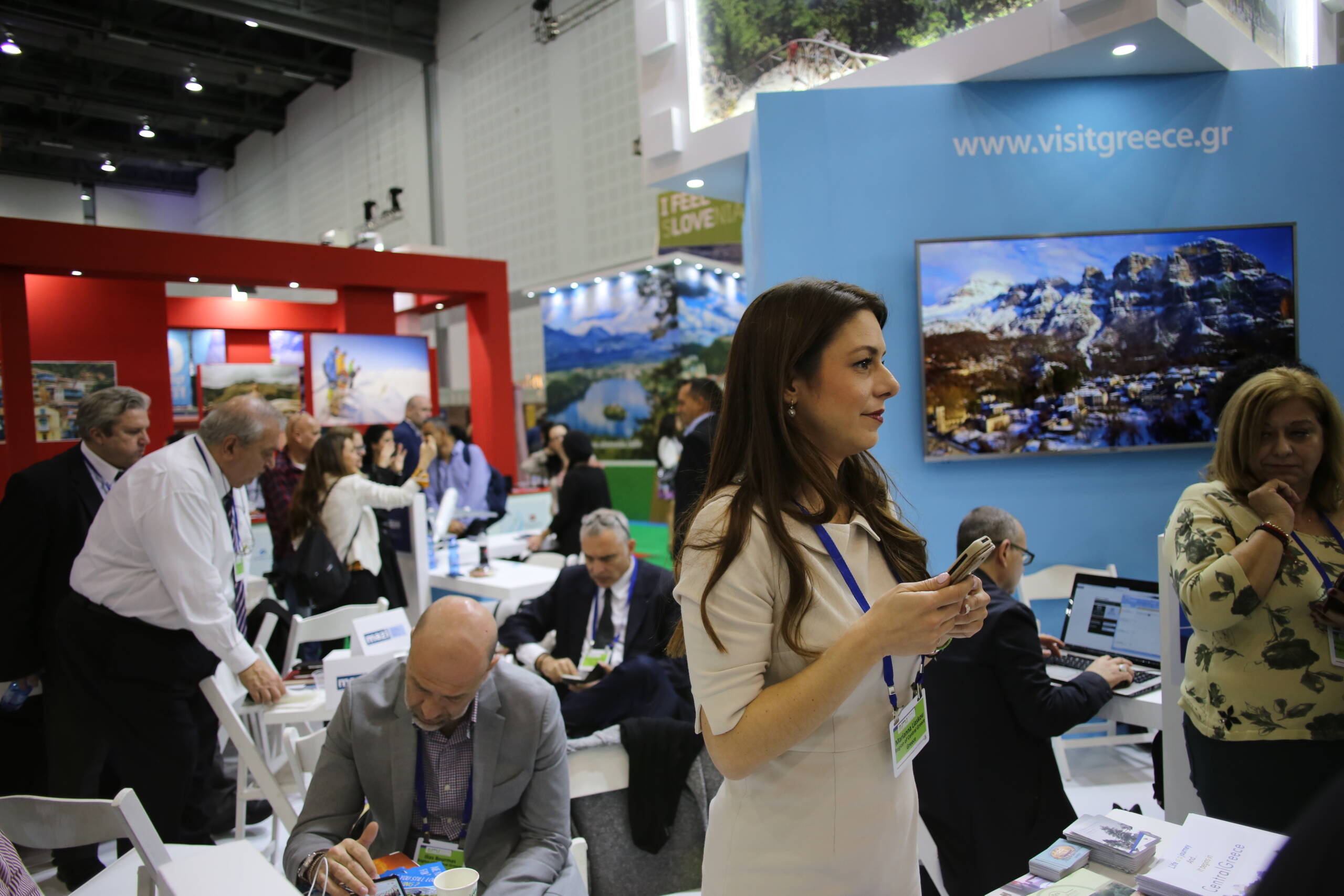There’s a certain rhythm to trade fairs, but IMTM always feels slightly different. Maybe it’s the geography — Israel sitting at the meeting point of continents, cultures, and flight paths — or maybe it’s the timing, early February, when the global tourism industry is already sketching out the shape of the year ahead. This edition carries a very specific tone: reopening the doors not just to business, but to possibility. And now, with its full name spelled out — International Mediterranean Tourism Market — the purpose becomes even clearer: Israel isn’t just hosting a tourism exhibition, it’s positioning itself once again as a hub for regional and international travel exchange.

The Perfect Budget Content-Creator Kit
The venue, EXPO Tel Aviv, is familiar territory for anyone who has attended previous editions. Clean lines, glass panels catching winter sun, and large halls that gradually transform into a living atlas — from Nordic fjord landscapes to tropical Seychelles turquoise, from European rail consortiums to luxurious cruise decks. If you stand in the central concourse long enough, you hear accents from almost every continent. That diversity is precisely the energy the organizers aim to amplify this year.
IMTM has earned a reputation as an anchor event for the Mediterranean tourism ecosystem, but also as a bridge between global players and regional operators. National tourism offices, iconic hotel brands, cruise lines, airlines, regional tourism bureaus, car rental platforms, travel tech startups, tour operators, and destination management companies will once again converge. Some booths are grand architectural installations; others are small desks where a handshake or a conversation leads to years of future business. That mix — the polished global and the personal local — is what keeps the fair interesting.
The underlying narrative here is recovery accelerating into expansion. After a tense and disrupted period, international partners are returning, and there is a noticeable shift toward proactive market-making rather than cautious observation. The organizers and the Ministry of Tourism are explicit: the goal is to push Israel back onto the global tourist map at full volume, not quietly, not gradually.
Attendance will again be free for those who register, with exact daily schedules coming a bit closer to opening day. Typically, the halls open late morning and run into the early evening — long enough to network, negotiate, and eventually escape for a coffee or glass of wine in Tel Aviv’s laid-back café scene once the day’s noise settles.
If you work in the travel industry, whether you’re on the supply side, distribution side, tech side, or somewhere in between, IMTM 2026 isn’t just another date on the calendar — it’s one of those strategic gatherings where timing, geography, and momentum align. And sometimes, attending isn’t just about doing business. It’s about being present when the industry resets itself — and being part of the next chapter rather than just reading about it later.
Leave a Reply